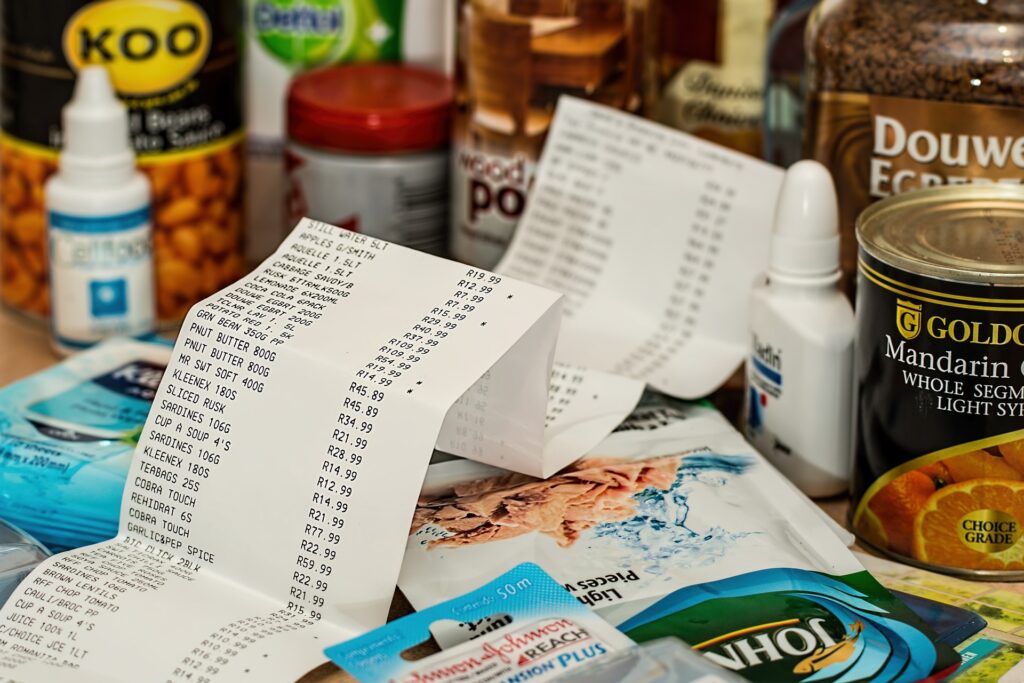Lesson 1: Spending Wisely

Purpose of lesson: To make informed decisions on purchases.
Materials needed: Internet access, grocery store, grocery advertisements and coupons
Introduction
“You receive your first paycheck—what an exciting day! Have you experienced the thrill? Enter the decision-making capabilities. Likely for the first time, you can purchase without asking permission. How will you spend your money? Whether you have small or large expenses or are buying essentials or nonessentials, your money will last longer if you spend it wisely. Let’s talk about principles for purchasing.”
Discussion: Principles for Purchasing
“I will provide you with principles for purchasing using the example of shopping for food. You take a trip to the grocery store and are greeted with what feel like endless options. Do you purchase what tastes immediately satisfying (chips, cookies, soda)? Do you purchase what is the absolute cheapest, no matter what it may be (noodles for every meal)? Do you purchase food that invests in your health and tastes satisfying (fruit, vegetables, whole grains, meat, dairy)?”
“You must decide on your priorities and spend accordingly. If a top priority is getting the highest quality product (groceries) for your money, there are methods you can apply that will help you spend wisely. Here are a few. Feel free to add to them:
- Compare prices. When grocery shopping, compare the food price per ounce, usually listed on the price tag attached to the shelf. (You may need a magnifier or to ask a personal shopper for assistance.) You may find it is most cost-efficient to purchase items in bulk.
- Purchase items on sale or gently used. Consider planning meals and snacks around sale items or seasonal fruit and vegetables when grocery shopping. Use coupons when possible.
- Don’t impulse buy. When grocery shopping, have a grocery list or at least a general plan of ingredients to purchase. If available, look through a promotional ad featuring sale items and coupons ahead of time—additionally, grocery shop when full. You will be far less tempted to spend money on everything that sounds tasty.
- Know what you are purchasing. When grocery shopping, do your homework on the food you want in your body. Understand what foods provide nourishment and what foods leave you merely momentarily satisfied. Make informed choices about the quality of the product.”
Exercise: Grocery Store
Have the client plan a healthy and satisfying breakfast, lunch, and dinner based on sales and seasonal items at his local grocery store. Take a field trip to the grocery store and compare the prices of items on the grocery list. If possible, purchase items for one meal and prepare the meal.
Exercise: Big-Ticket Item
The student can decide on a big-ticket item (perhaps over $100) he wants to purchase. He should research possible brands to determine the best quality for the money and compare prices, including the cost of a gently used product.
Review
“Today, we explored making wise and informed choices with our money. It pays to research products and prices before purchasing.”
Progress notes, data collection, comments, and modifications: